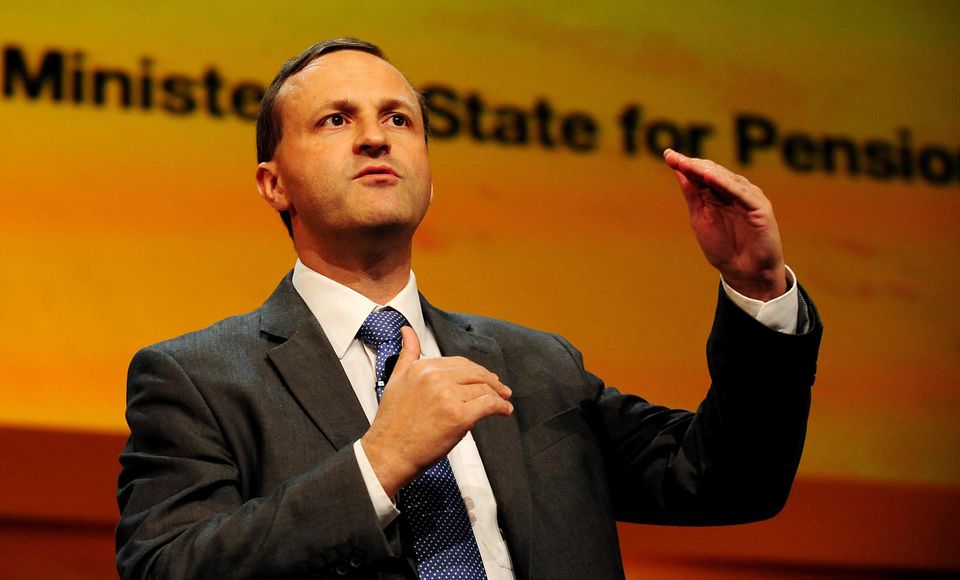The minister who first signed off on the pensions triple lock has suggested he thinks there is not a case for keeping the measure “indefinitely”.
Former Liberal Democrat MP Sir Steve Webb, who served as pensions minister in the coalition government, thinks there is still a case for keeping it now, and there is still “a pretty low state pension” in the UK.
But also suggested that the triple-lock rule made sure that every year “I didn’t have to go and beg for George Osborne to give me a bit more money”.
Conservative leader Kemi Badenoch has come under fire after suggesting she would look at means testing when asked about the future of the triple lock, which is aimed at preventing the state pension’s worth from being eaten away by inflation and other cost pressures.
The triple lock means that the state pension rises each year by whichever is highest out of 2.5%, inflation, or earnings.
Sir Steve Webb when he was pensions minister (Rui Vieira/AP)
Speaking to BBC Radio 4’s Today programme on Saturday, Sir Steve was asked whether he thought there was an economic case for keeping the measure.
He said: “I think there is. Not indefinitely.”
He said the formula was introduced “after 30 years of decline”.
“It was a rule, a formula that made sure every year when I was a minister I didn’t have to go and beg for George Osborne to give me a bit more money for the pension because there was a rule,” he added.
Sir Steve went on: “When it reaches a decent level by all means switch it off, but we still have a pretty low state pension and pretty poor private pensions on top.”
He also said he thought means testing the state pension would be a “terrible idea in the British system”.
Conservative Party co-chairman Nigel Huddleston defended Ms Badenoch on Friday, but asked by Times Radio whether the UK can afford the triple lock, Mr Huddleston said: “Over the long term these are exactly the things we’re looking at, but the Conservative Party has a long and proud history of supporting pensioners, this is the whole point.
Downing Street said on Friday that Prime Minister Sir Keir Starmer is “committed both to the triple lock and the principle of people receiving a state pension based on the contribution they have made over their lifetime, regardless of wealth”.
